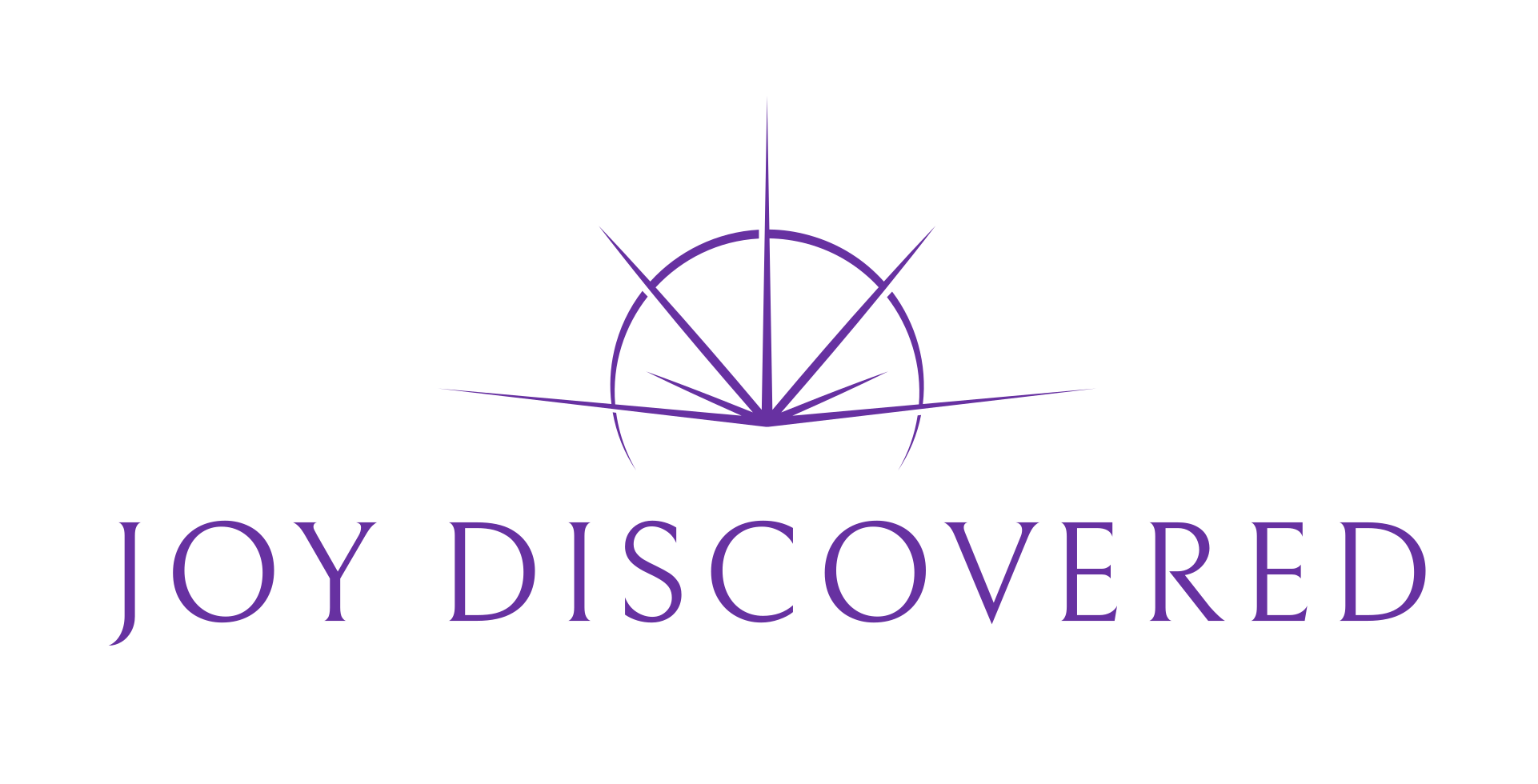5 Ways To Make Asking For Feedback Less Cringeworthy

I cringe every time I ask for feedback… Even though I know feedback is like gold.💰
…Even though I know getting feedback is one of the best ways to dramatically improve and get better at my work.
…Even though I know feedback is a straightforward way to test my self-perceptions and ensure they are accurate with others’ view of me.
…Even though I know asking for and receiving feedback is an essential ingredient of emotionally intelligent leadership and high-performing teams (and families).
Yet, I still hesitate to ask for feedback, or worse… sometimes don’t even make the ask… 🤦♀️ It’s easier and a lot more fun to hear, “Your session was amazing!” or “Such an inspiring, energizing talk!” It’s harder to hear where I fell short or how I could improve.
So here are 5 tips for making the feedback ask less cringey to ensure you and I continue to grow and be our greatest selves at work + home.
1. Remember that it’s normal to be reluctant to ask for feedback. Useful feedback will almost always mean we have to change or do something differently, which requires effort. Our brain doesn’t want to put in the effort to change – it wants to keep doing things the way it already knows how so it can conserve its energy to be on the lookout for danger. This is evolutionarily wired into us, so we need to recognize its natural to hesitate a bit before asking our brain to receive something that will likely require it to exert energy.
2. Use this phrase: “If I could improve just one thing about ____, what would you suggest?” Many people are not comfortable sharing constructive feedback with you (they have their own emotional intelligence to work on). Others want to lift you up and focus only on the positive, which feels good but doesn’t help you get better. This phrase directs them to your request, and focuses in on just one pointer, which usually makes it easier for someone to come up with a gold nugget even if they weren’t expecting you to make the request.
3. Make feedback a regular part of your culture. When feedback becomes something you normally do all the time, it makes it easier to both give and receive. When I was a yoga teacher, it was our studio’s policy that if I took another teacher’s class, I was required to share feedback afterwards, and vice versa. We also had a clear definition of what that feedback should consist of. This made the process straightforward for all involved.
4. Thank the feedback giver. The person who gave you feedback just demonstrated vulnerability and profound emotional intelligence. It likely wasn’t easy for them either, so thank them for the gold you received! (Even if it doesn’t feel like gold to you yet!)
5. “If this feedback were legit, what can I take from it?” Give yourself some time to digest the feedback. Be curious and open. Our defenses often rise and we make up all kinds of excuses and reasons as to why the feedback isn’t valid, but consider, “If this feedback were legit, what can I take from it?” Take what fits; leave the rest.
Every person will have their own unique perspective, so the feedback might not be relevant to you and what you’re trying to accomplish, but most of the time, there is some gold there. Dig it up, try it on, then ask for more feedback to keep moving upward and onward!
Love and success,
💜 Your coach,
Sara
PS. *Download this week’s key takeaways below for a future reminder!




![How To Detect Your Leadership Blind Spots [Digital Assessment] pexels-andrea-piacquadio-3778966](https://i0.wp.com/www.joydiscovered.com/wp-content/uploads/2023/11/pexels-andrea-piacquadio-3778966-scaled-e1698960124197.jpg?resize=150%2C150&ssl=1)


What's your greatest take-away from this blog? Any questions?